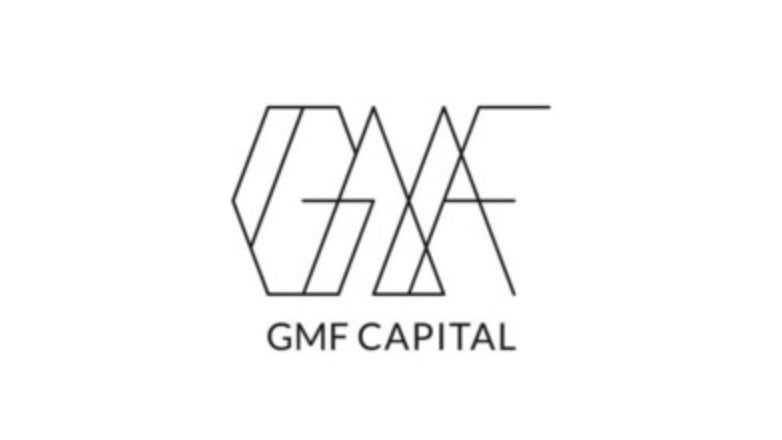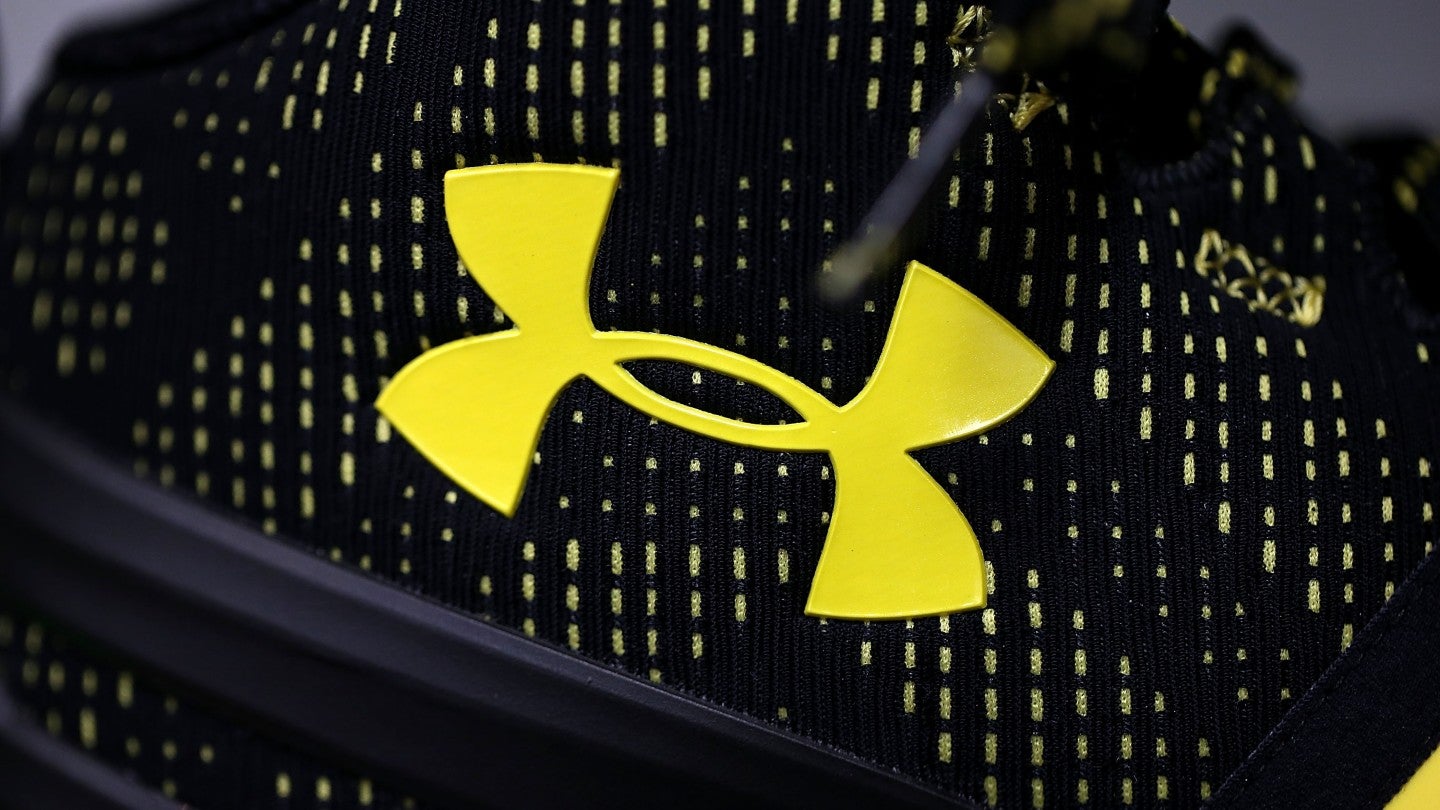Fanatics, the digital sports platform and e-commerce giant, is finally set to acquire Australia-based international online bookmaker PointsBet’s US business after upping its offer by 50% to $225 million.
The company is seeking to conclude a purchase ahead of US fantasy sports and betting provider DraftKings which recently made an 11th-hour bid to hijack an agreement Fanatics originally had in place.
The e-commerce heavyweight has now managed to overcome DraftKings’ last-ditch attempt with its huge new offer. It will make the acquisition through its Fanatics Betting and Gaming arm.
PointsBet gave DraftKings until 6PM on Tuesday (Melbourne time) to make a binding offer and it failed to do so.
The bookmakers’ shareholders will formally vote on the new bid tomorrow night (June 29).
In a statement, PointsBet chairman Brett Paton said: “The board unanimously supports the improved proposal from Fanatics Betting and Gaming, which provides a superior price plus certainty.
“Our US team will have a strong future as part of the Fanatics Betting and Gaming group and PointsBet will build on the opportunities in Australia and Canada underpinned by a strong balance sheet.”
DraftKings made a non-binding $195-million bid earlier this month (June), a significant increase on Fanatics’ initial $150 million deal to acquire PointsBet.
Although Fanatics had an agreement in place, DraftKings was able to present a bigger offer as PointsBet’s shareholders were due to vote on the Fanatics deal on June 30.
Fanatics chief executive Michael Rubin had dismissed the DraftKings bid as an attempt to slow down the takeover by his company.
The impending deal will give Fanatics its first significant move into the US sports betting space.
The firm will have a presence in the 15 US states where PointsBet operates. PointsBet is the seventh-largest US sports betting operator.
The company’s US arm has struggled financially in recent months and has forecast a loss of between $77 million and $82 million for the second half of the year.
The US sports betting market continues to undergo major maturation after the country's Supreme Court ruled in 2018 that states should have the right to legislate on the activity.















